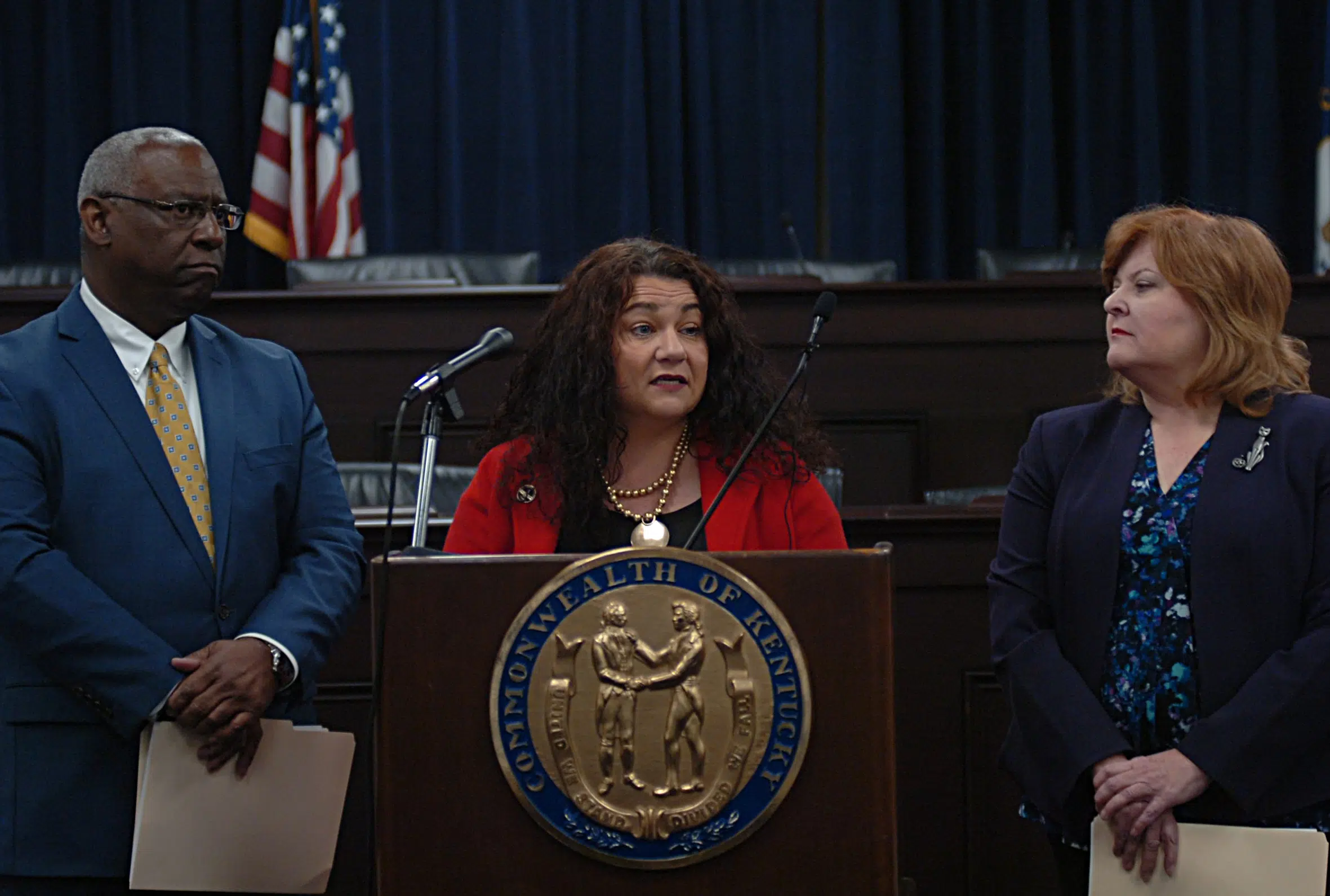The recent killing of UnitedHealthcare CEO Brian Thompson has shocked the nation, shedding light on the frustration and resentment many Americans feel toward the healthcare system. This tragic event, coupled with widespread outrage over the industry’s practices, has brought conversations about healthcare affordability, accessibility, and transparency to the forefront.
Below, we explore the incident and its broader implications for the U.S. healthcare system.
A Tragic Incident Exposes Deep Frustration
Brian Thompson, CEO of UnitedHealthcare, was killed outside a New York hotel in what authorities described as a “targeted” attack. Investigators found shell casings at the scene with the words “deny,” “defend,” and “depose,” terms critics say represent tactics insurance companies use to avoid payouts.
The killing has drawn attention to the anger many Americans feel toward health insurers, who they blame for rising costs, denied claims, and financial hardships stemming from medical expenses.
While the motivations for this crime remain unclear, it has sparked discussions about the ethical and financial practices of health insurance companies.
Growing Distrust in Health Insurance Companies
The outrage isn’t new. UnitedHealthcare and other large insurers face criticism for practices like claim denials, prior authorizations, and increasing reliance on artificial intelligence to make coverage decisions.
In 2022, medical debt accounted for over half of all debt listed on U.S. consumer credit records, and insurance companies are frequently blamed for these financial burdens. A recent survey by the Kaiser Family Foundation revealed that two-thirds of Americans hold insurers largely responsible for skyrocketing healthcare costs.
Systemic Issues in U.S. Healthcare
The outrage directed at insurers also highlights the broader failures of the American healthcare system:
- Complicated Policies: Many patients find insurance policies confusing and feel blindsided when claims are denied for treatments their doctors recommended.
- Unaffordable Costs: Families often pay annual premiums averaging $25,000, in addition to high out-of-pocket expenses. Despite insurance, many Americans face financial ruin from unexpected medical bills.
- Medical Debt Crisis: The U.S. is unique among wealthy nations in its scale of medical debt, with individuals struggling to pay for services they believed would be covered.
Protests Against Insurance Practices
This past summer, over 100 protesters gathered at UnitedHealthcare’s Minnesota headquarters, rallying against denied claims and prior authorization policies. These practices force patients to navigate lengthy appeals processes, delaying or denying access to critical care.
The rally, organized by the advocacy group People’s Action Institute, resulted in several arrests as demonstrators called for an end to what they viewed as exploitative practices.
Reactions to Thompson’s Death
The killing has polarized public opinion. While many expressed sympathy for Thompson and his family, others saw his death as emblematic of the public’s growing frustration with the healthcare system.
Critics online shared stories of denied claims and financial struggles, with some using dark humor to express their grievances. A common quip was “thoughts and prior authorizations,” a twist on the familiar phrase “thoughts and prayers.”
Legal and Public Scrutiny on Insurers
UnitedHealthcare and other insurers face mounting lawsuits and investigations:
- Lawsuits: UnitedHealthcare recently settled a case involving a college student whose doctor-recommended treatments were denied, leaving him with $800,000 in debt. The company is also battling a class-action lawsuit alleging that it uses artificial intelligence to terminate treatments prematurely.
- Investigations: Media outlets and government agencies have examined the role of insurers in creating financial and medical hardships for Americans.
Addressing Public Frustration
The public’s frustration with insurers reflects deeper systemic issues. Experts argue for reforms that include:
- Greater Transparency: Simplifying insurance policies and ensuring patients understand their coverage.
- Regulating Costs: Enforcing price caps on medical services to reduce overall expenses.
- Limiting Denials: Reforming prior authorization policies to prioritize patient care over profit.
- Investing in Value-Based Care: Transitioning to payment models that reward outcomes, not procedures.
The tragic killing of Brian Thompson has exposed the simmering anger Americans feel toward a healthcare system plagued by inefficiencies and inequities. While violence is never the answer, this event underscores the urgent need for reform in the insurance industry and the broader healthcare system.
As conversations about healthcare affordability and accessibility continue, policymakers and industry leaders must prioritize solutions that put patients first.











